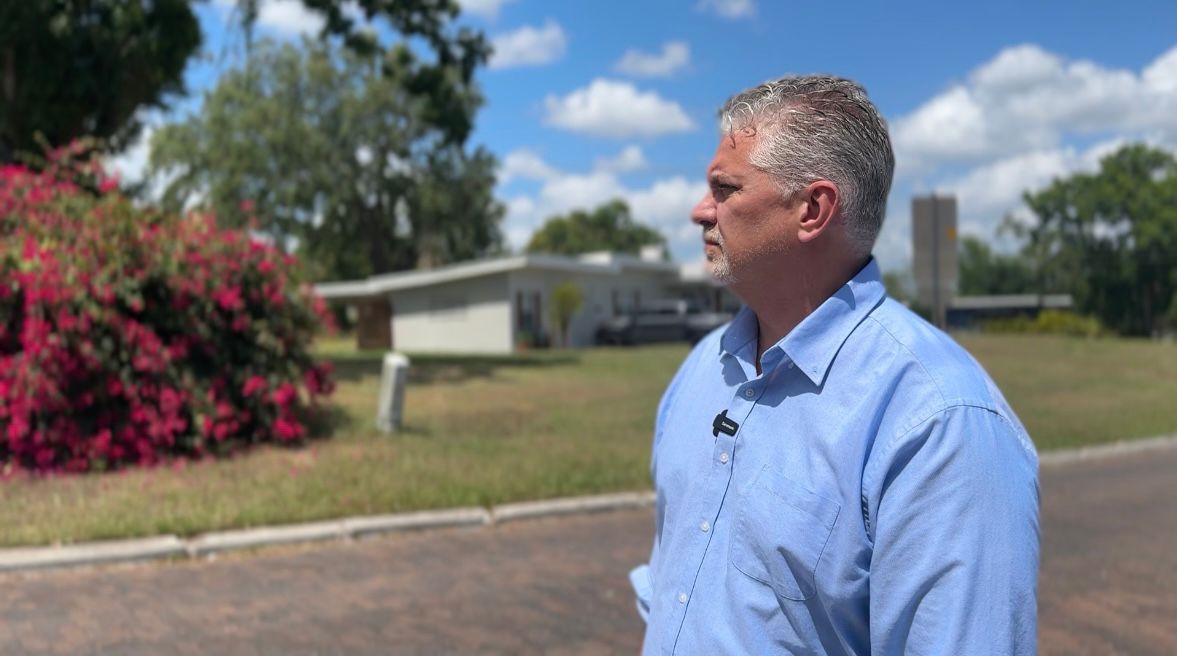LARGO, Fla. — Dozens came out Wednesday night to ask the Florida Public Service Commission not to approve a base rate increase for Duke Energy.
The utility company says the increase would pay for infrastructure improvements meant to help customers in the long run, but a number of speakers said they felt the proposal is unjust.
“When they say, ‘return on equity,’ it’s really a misnomer. It’s profit,” Bill Herrmann said after he asked commissioners to reject the plan.
According to information from Duke, the base rate changes are expected to work out to an average annual increase of 4% of the total bill during 2025 through 2027.
The company said the average residential customer will see a rate impact for just the base rate increase of about $16.48 in 2025, $2.73 in 2026, and $4.93 in 2027 on a 1,000-kilowatt bill. A rate case overview from FPSC that was handed out at the meeting shows the estimated monthly bill for a 1,000-kWh customer would go up about $20 from this year to 2027.
For a 3,000-kWh customer, a monthly bill would cost about $52 more in 2027 than this year.
Herrmann is retired and said he’s fortunate the increase wouldn’t have a big impact on him.
“But there are people out there who would have the choice — Do I pay the electric bill? Or do I pay for my blood pressure medicine?” he said.
“We’re seeing higher costs of living associated with property insurance, property taxes,” said Zayne Smith, director of advocacy for AARP Florida. “To add, yet again, another uncontrollable increase on an individual’s monthly bills just isn’t right.”
A number of representatives with AARP told commissioners that the increase would disproportionately impact low income and income-restricted households. It was also one of the groups that questioned the more than 11% return on equity the proposed rates would bring to Duke.
“In May, Duke Energy Carolinas actually settled — their own legal team and their own representatives — settled for a 9.94% return on equity. So, it begs the conversation to be had of why are we asking for 11.15% here in Florida?” said Smith.
Duke spokesperson Ana Gibbs said the increase would be put toward infrastructure improvements that will benefit customers in the long run, including 14 planned solar sites.
“That means we don’t need natural gas to run that power plant. How that’s helpful is our customers don’t have to pay a natural gas price to run that power plant. So ultimately, you save our customers money by reducing that cost,” Gibbs said.
According to Duke, even if the increase passes, customers will see lower bills in January 2025 compared to that same time this year. Gibbs said that’s because items like storm and fuel costs are coming off the bill.
“If you compare the bill today to May of last year, our customers are actually paying $17 less per 1,000-kWh compared to last year,” she said. “Two of those rate reductions have actually happened this year.”
After FPSC staff submits a recommendation, commissioners will vote on whether to approve Duke’s request at an upcoming commission conference.
Gibbs said anyone having trouble paying their utility bill is urged to reach out to Duke for assistance.









